“Do you like to travel alone?”
The other day, my friend asked me such question.
I replied, “It depends on the set of circumstances.”
I’ve struck conversations with people I may or may not have if I was traveling with somebody else.
I’ve had lunch at restaurants, by myself, to live out of my comfort zone.
I’ve taken public transport for hours, without a single person who spoke English.
All of these experiences along with thousands of others made traveling alone enjoyable.
I’ve also faced many challenges while traveling alone.
Some of them I may or may not have faced while traveling with others.
I’ve been denied entry to places due to my COVID card being seen as illegitimate.
I don’t blame the person.
After all, the two handwritten initials next to the name of the vaccine could have been written by anyone including my dog if he had an opposable thumb 😂
My sense of safety and comfort have been shattered.
While traveling with friends, at least I could turn to one of them when things weren’t going according to the plan.
While traveling alone, the only one I could turn to is, “Me, Myself, and I.”
This experience in particular made me even more appreciative of the comfort and stability that comes with simply having a home or someone to turn to.
Do I like to travel alone?
It depends on the set of circumstances.
👉 Do you like to travel alone?
